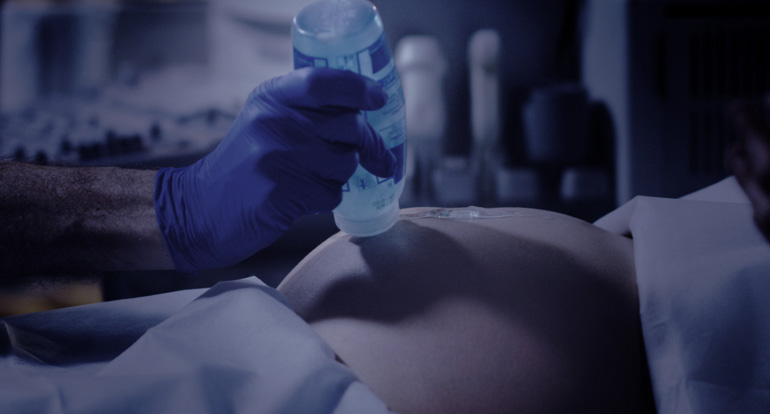Sonographers use sophisticated ultrasound equipment to capture images of a patient’s internal organs and soft tissues. If you’re fascinated by the inner workings of the human body and have a passion for helping others, a career in diagnostic medical sonography could be just what the doctor ordered. Let’s take a look at some of the main advantages this rewarding profession has to offer.
1. You’ll save valuable time and money.
Sonography degree programs tend to yield excellent returns with a minimum upfront investment. Unlike other health science careers, the educational requirements to become a diagnostic sonographer can be completed in just two years. Not only will you spend less time in school, you’ll graduate with the training you need to start working—and earning—sooner than your peers.
2. You’ll command a competitive salary.
Sonography is one of the highest-paying careers you can achieve with a two-year degree. Diagnostic medical sonographers in the U.S. earn impressive salaries, making this profession financially rewarding. Furthermore, employment opportunities for registered sonographers are expected to increase steadily over the long term, so your earning power will remain competitive well into the future.
3. You’ll enjoy a high level of job security.
As mentioned, diagnostic sonography is a rapidly growing field that shows no sign of slowing down. Because ultrasound imaging is an affordable and minimally invasive technique compared to older procedures, it has quickly become the preferred option of healthcare providers and patients alike. Demand for trained sonographers is projected to take off even further as our nation’s aging baby boomer population begins to require more frequent medical care.
4. You’ll have plenty of options.
Professional sonographers can find work in a variety of healthcare settings like hospitals, clinics, private doctor’s offices and diagnostic laboratories. On the professional development front, this versatile career field has a number of specializations that you can add to your resume, including abdominal, breast, OB-GYN and pediatric sonography.
5. You’ll have a career that can travel.
The qualifications to get hired as a diagnostic sonographer are uniform across all 50 U.S. states. That means that no matter where life takes you, you’ll have an extremely useful set of professional skills that you can bring along for the ride.
6. You’ll have the power to make a difference.
From helping expectant mothers get a glimpse of their unborn babies, to capturing the ultrasound images that lead to a lifesaving early diagnosis, medical sonographers have the ability to make a lasting impact in the lives of the patients they care for.
I want to become a sonographer. How do I get started?
If you’ve got what it takes to go after your professional goals, we’ve got a program to help you get there. Our two-year associate degree in diagnostic sonography is designed to prepare you for success in this high-tech healthcare field. Supportive instructors with extensive clinical experience will guide you through every stage of the curriculum and help you build the knowledge you’ll need to earn a Registered Diagnostic Medical Sonographer credential after graduation.
Ready to take your next step toward a brighter future? Learn more about the diagnostic sonography program at Baker College.


